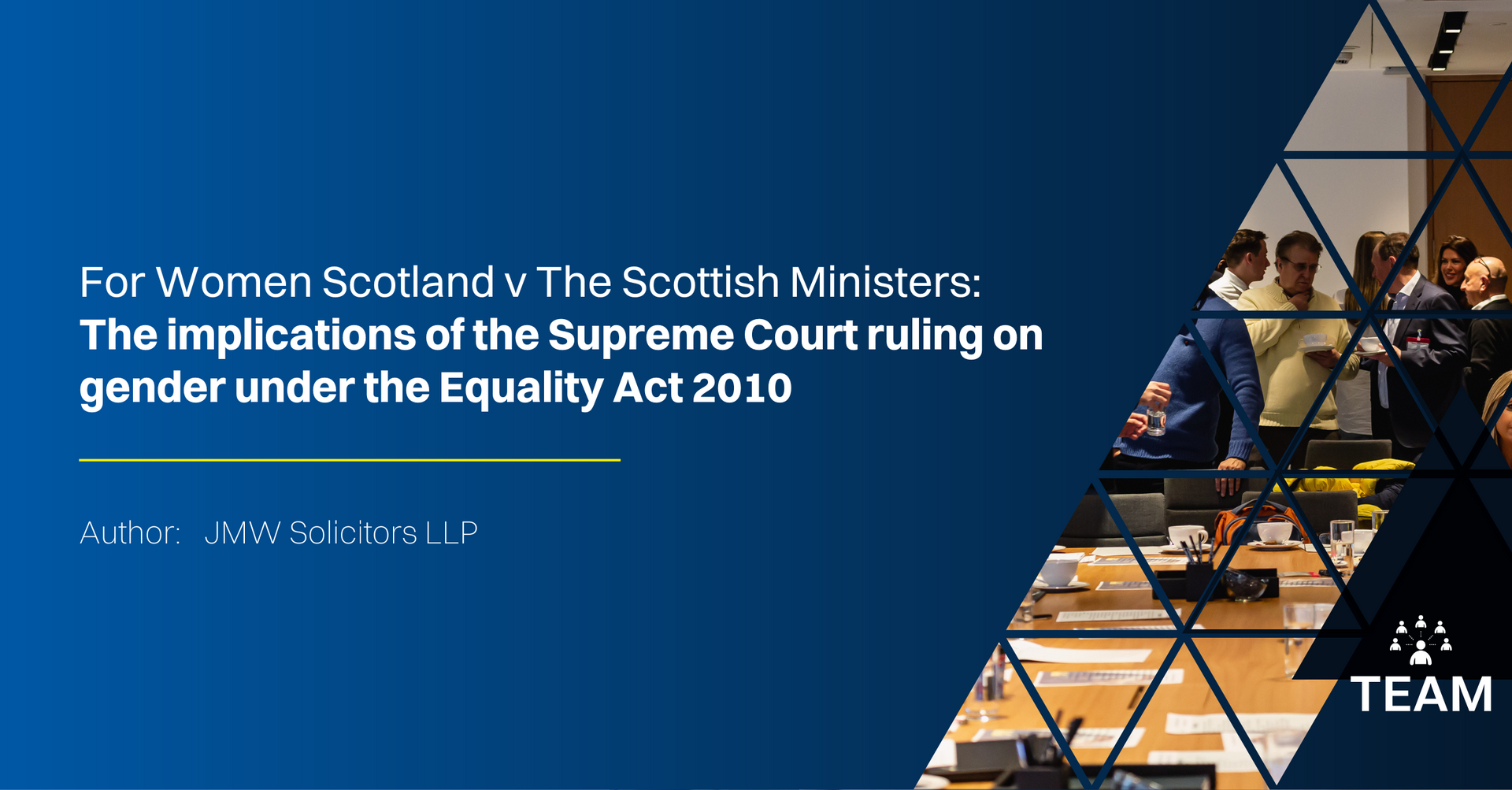As of this week, the Employment Rights Bill has completed the committee stage in the House of Lords. It is due for report stage from 14 July 2025, which is technically the last chance to make amendments.
There were a number of significant amendments made during the committee stage. This includes provisions which will be welcomed by families, due to stronger protections for pregnancy, bereavement, menopause and flexible working. Employers will need to be aware of the amendments in order to be well-prepared for when the changes come into force.
Pregnancy
Currently, employees who are pregnant have the right to trump other candidates in redundancy processes.
Clause 24 of the Bill is poised to take this one step further – by placing a ban on dismissing employees who are pregnant, on maternity leave, or who have returned from maternity leave within the last 6 months.
It is suspected that this will eventually extend to other areas of leave, although it is just pregnancy that is contained in the Bill at present.
There will likely be exceptions to the ban on dismissal during pregnancy, such as in situations of genuine redundancy, or where the employee has committed gross misconduct. However, the exceptions have not been publicised as of yet. Businesses will need to be consider further information when it becomes available.
This change is likely to be welcomed by young couples and families. Businesses will need to review and update their dismissal policies and procedures, in order to avoid costly claims for unfair dismissal.
Bereavement leave
Clause 18 introduces a new right to at least one week of leave for the purpose of bereavement. This has been extended as it previously only included a right to leave for bereaved parents.
It is unclear at present whether there will be a right to paid or unpaid leave. It is also unclear who will constitute a bereaved person, and what the relevant association will be with the person who has passed away.
The right to two weeks of leave following the death of a child under 18 will remain.
It is expected that a right to leave following a miscarriage will also be introduced in the next set of amendments.
Many businesses already include a right to bereavement leave in their policies and contracts. However, this amendment will enshrine this in law and ensure consistency.
Menopause
Clause 78A includes a requirement for large employers to publish equality action plans. This has been amended to include not only matters relating to the gender pay gap, but also supporting employees going through the menopause.
The requirement only applies to businesses with 250+ employees or workers.
Businesses will need to start making arrangements now in order to ensure compliance when the changes come into force. Recommendations include:
· Start collecting data or putting the data collection infrastructure in place in relation to menopause,
· Update privacy notices,
· Review harassment policies and whether they explicitly mention menopause,
· Update manager training on discrimination: unfavourable treatment due to the menopause could constitute discrimination on the basis of age, sex, or disability,
· Assign a senior member of staff to be responsible for the action plan, and
· Start drafting the equality action plan – it will take some time to review and approve.
Flexible working
The Bill has been amended so that when employers refuse a request for flexible working, they must issue a letter stating the business reason for the refusal, and the business must explain why it was reasonable to refuse the request.
At present, it is not clear what will constitute a “reasonable” refusal. It is expected that litigation will follow which will further clarify the definition of this. Employers should be live to any updates. However, it is clear that refusals should be exceptions, and that businesses should allow flexible working if possible.
The Bill now states that decisions should be issued within 2 months, and employees can make 2 requests per year, rather than one.
Forward thinking will allow employers to start creating templates for evidence requests and refusal decisions, and put the infrastructure in place to carefully track requests for flexible working to ensure compliance.
Employers should also start looking to update their flexible working policy. Trial periods may be useful for businesses to show they are acting reasonably. As with many of the changes proposed by the Bill, training for managers will be paramount. Discussion and consultation should be encouraged as they are likely to demonstrate reasonableness.
The Bill is likely to receive royal assent in Autumn of this year, with changes coming into force either towards the end of this year or in 2026.
Article written by TEAM Principal Lawyers JMW Solicitors LLP












